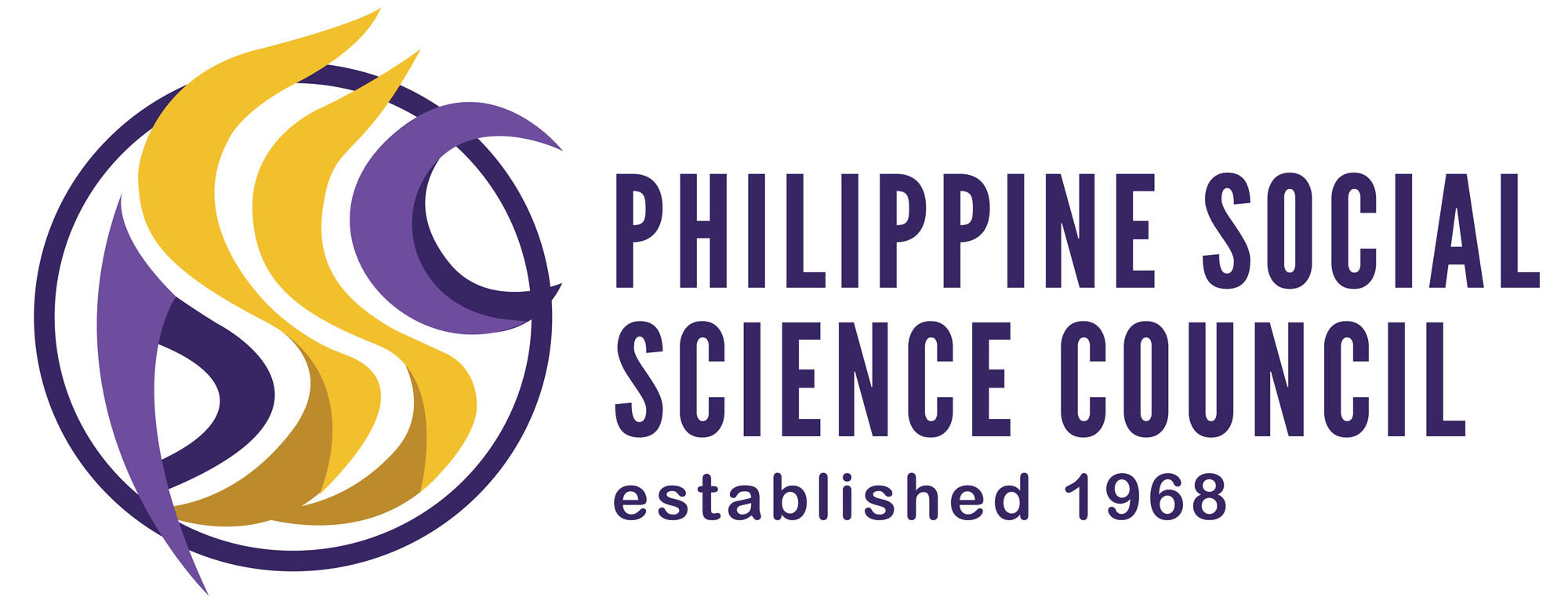programs and services
Fellowship and Grants Management
implement fellowships and scholarship programs.
Asian Fellowship Program
International Program on the Elimination of Child Labour
International Fellowships Program (IFP)
ASIA Fellowships Awards (AFA)
PCPD Graduate Fellowship and Research Grant Program
Saliksik Kasaysayan
The Mid-West Universities Consortium for International Activities, Inc., the Washington State University/Indonesia Program and the Agricultural Development Council’s (ADC) Asian Fellowship Program was administered by PSSC in the early 80s. The Asian Fellowship Program was designed to provide full financial support to Asian graduate students pursuing social science-related courses in the Philippines and specializing in agriculture and rural development.
In 1999 – 2001, PSSC was requested by the ILO Manila Office to administer a small research fund for its International Program on the Elimination of Child Labour. The grant program provided generous support to graduate students whose thesis/dissertation specifically focused on the issue of child labor. Four graduate students benefited from the program.
Moreover, the Ford Foundation sought PSSC’s partnership to implement the Foundation’s International Fellowships Program (IFP) in the Philippines. This program represents the Ford Foundation’s largest-ever grant-making activity which seeks to expand opportunities for graduate education to those groups and sectors of society which historically, have lacked access to the benefits of advanced education. PSSC is one among some 20 international partner organizations of the Ford Foundation which implemented the IFP in 21 countries around the world. As international partner, PSSC is responsible for promoting IFP in the Philippines, recruiting applicants from the Program’s special target groups, screening and reviewing applications, and selecting and interviewing IFP semi-finalists and finalists. The program ran for 10 years, from 2001 to 2011.
PSSC was likewise approached by the Asian Scholarships Foundation (a Ford Foundation-funded and Bangkok-based organization) to administer its ASIA Fellowships Awards (AFA) in the Philippines. The AFA provided support to young scholars and mid-career professionals in the conduct of research in another Asian country for a period of six to nine months, in the fields of social sciences, humanities, and arts and culture. PSSC was responsible for the promotion of the program, recruitment, initial screening, and shortlisting of Filipino candidates for the AFA. PSSC also provided logistical assistance to foreign AFA fellows who opted to do their research in the Philippines. Over the 8-year period (2002-2010), PSSC facilitated the selection of 24 Filipino AFA fellows from the academe, government, and nongovernment organizations, and assisted 12 foreign fellows who did their research in the country.
From 2007 to 2013, PSSC helped the Philippine Center for Population and Development (PCPD) in implementing the PCPD Graduate Fellowship and Research Grant Program, which seeks to provide funding support to young Filipino scholars interested in pursuing a graduate degree at a local institution or undertake research in the field of population and development. PSSC’s tasks include the promotion of the program, collection and review of applications, shortlisting of candidates, monitoring of the academic progress of selected fellows/grantees, and financial administration. Under the program, 13 individuals were awarded full graduate fellowships, and 5 graduate students were given research support.
From 2022 to 2023, the Philippine Social Science Council officially inked its partnership with Rex Education, Philippine National Historical Society (PNHS), and the Philippine Historical Association (PHA) to launch the Saliksik Kasaysayan fellowship program aimed at developing a compendium of historical references for history book authors. Intended for Filipino learners of all ages, the project is a response to the need to update history textbooks to create a corroboration of historical assertion and facts. The project aims to create an inclusive history that is reflective of the multiethnic background of the Filipino nation.
